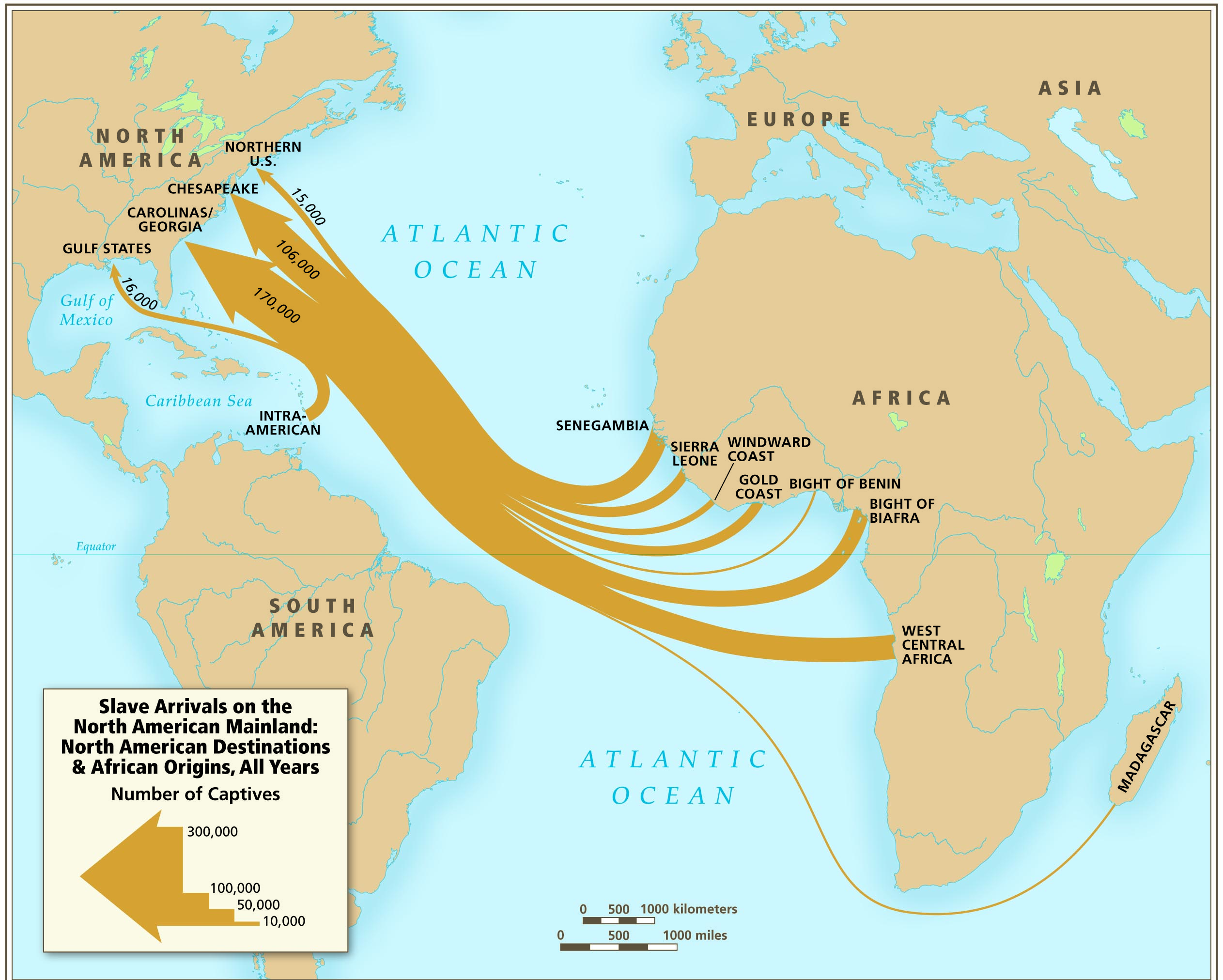The vibrant tapestry of South Africa’s economy is intricately intertwined with its global trading relationships. These partnerships not only facilitate the flow of goods and services but also foster economic growth, cultural exchange, and diplomatic ties.

Image: ap.gilderlehrman.org
In this comprehensive article, we delve into the diverse landscape of countries that trade with South Africa, exploring the historical, economic, and geopolitical factors that shape these partnerships.
South Africa’s Trading History: A Legacy of Interdependence
South Africa’s trading history dates back centuries, with its first major trading partners being the Dutch East India Company and neighboring African kingdoms. Over time, the country’s natural resource wealth, particularly its gold and diamond mines, attracted European powers and established South Africa as a significant player in global trade.
Apartheid and Economic Isolation: A Time of Limited Partnerships
The apartheid era in South Africa, which lasted from 1948 to 1994, had a profound impact on the country’s trading relationships. Economic sanctions and international isolation severely restricted South Africa’s access to global markets, limiting its trading partners primarily to those that did not condemn the apartheid regime.
Post-Apartheid Era: Embracing Globalization and Expanding Partnerships
With the end of apartheid in 1994, South Africa embarked on a new era of globalization and economic liberalization. The country sought to diversify its trading relationships and reintegrate itself into the global economy. This led to the establishment of new partnerships and the strengthening of existing ones, with a focus on developing countries in Africa, Asia, and Latin America.

Image: joziwire.co.za
Current Trading Partners: A Diversified Global Network
Today, South Africa has a diverse range of trading partners, reflecting its strategic location at the southern tip of Africa and its role as a hub for regional trade.
China remains South Africa’s top trading partner, accounting for over 20% of its total trade. Other major partners include the United States, Germany, Japan, and the United Kingdom. South Africa is also a major trading partner with its African neighbors, such as Zimbabwe, Mozambique, and Botswana.
South Africa’s Top Export Commodities
South Africa’s exports are dominated by mining and agricultural products. The country is a major exporter of gold, diamonds, platinum, coal, and iron ore. It is also a significant exporter of fruits, vegetables, and wine.
South Africa’s Import Commodities
South Africa’s imports cover a wide range of products, including machinery, equipment, chemicals, and petroleum. The country also imports a substantial amount of food, particularly wheat and rice.
Benefits of Global Trade for South Africa
Global trade has played a vital role in South Africa’s economic development. It has provided the country with access to essential imports, helped it to develop its export industries, and created employment opportunities.
Furthermore, trade has fostered economic integration within Africa and contributed to regional stability. It has also helped South Africa to establish diplomatic ties with countries around the world.
Which Countries Trade With South Africa
Challenges and Future Prospects
Despite the many benefits of global trade, South Africa faces several challenges. One challenge is diversifying its exports to reduce its dependency on a few key commodities. Another challenge is addressing the trade deficit, which has been a persistent issue in recent years.
Despite these challenges, the future prospects for South Africa’s global trade are positive. The country has a strong economy, a skilled workforce, and a strategic location. Moreover, as Africa’s economic growth continues, South Africa is well-positioned to benefit from increased trade within the continent.






